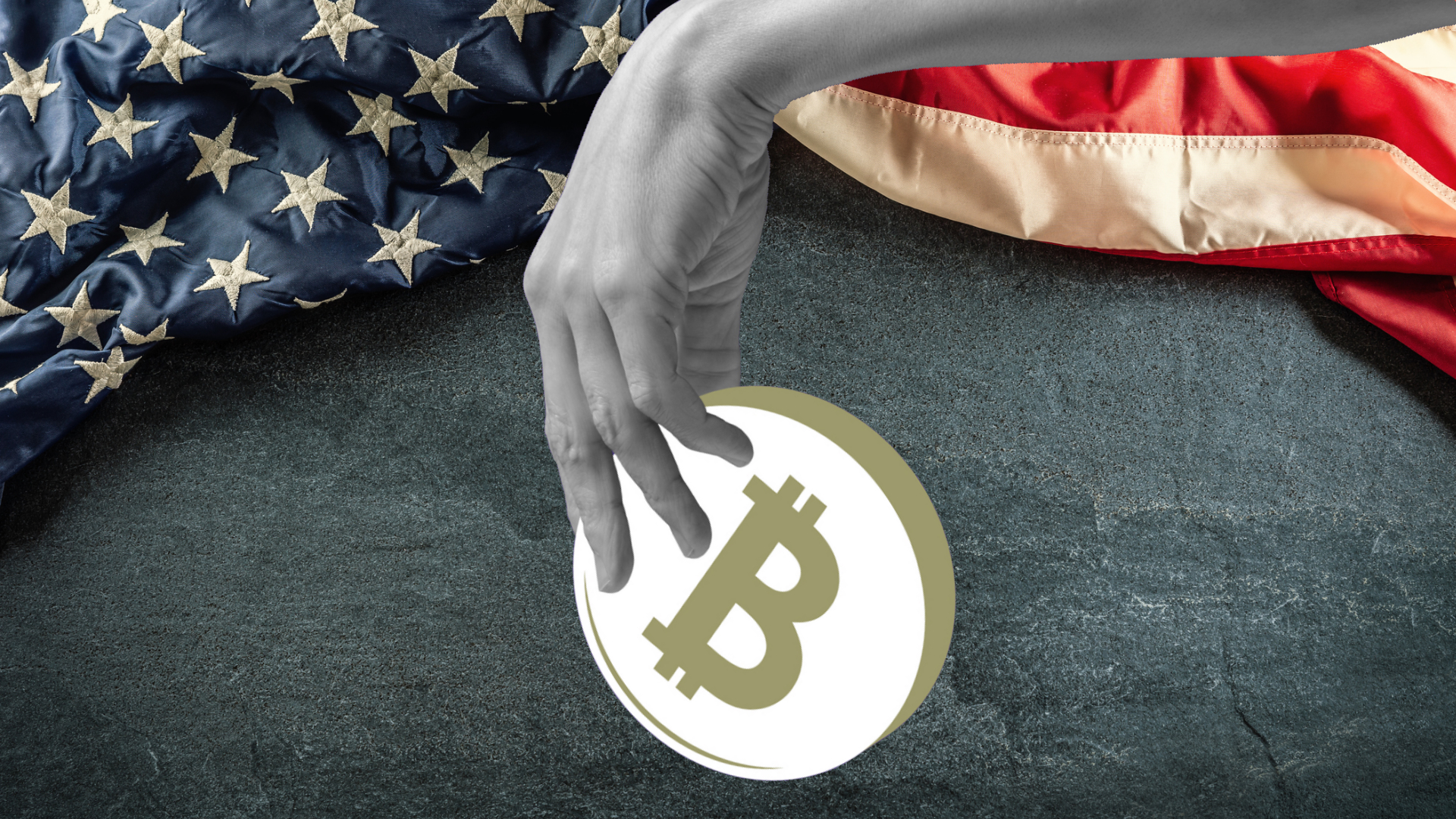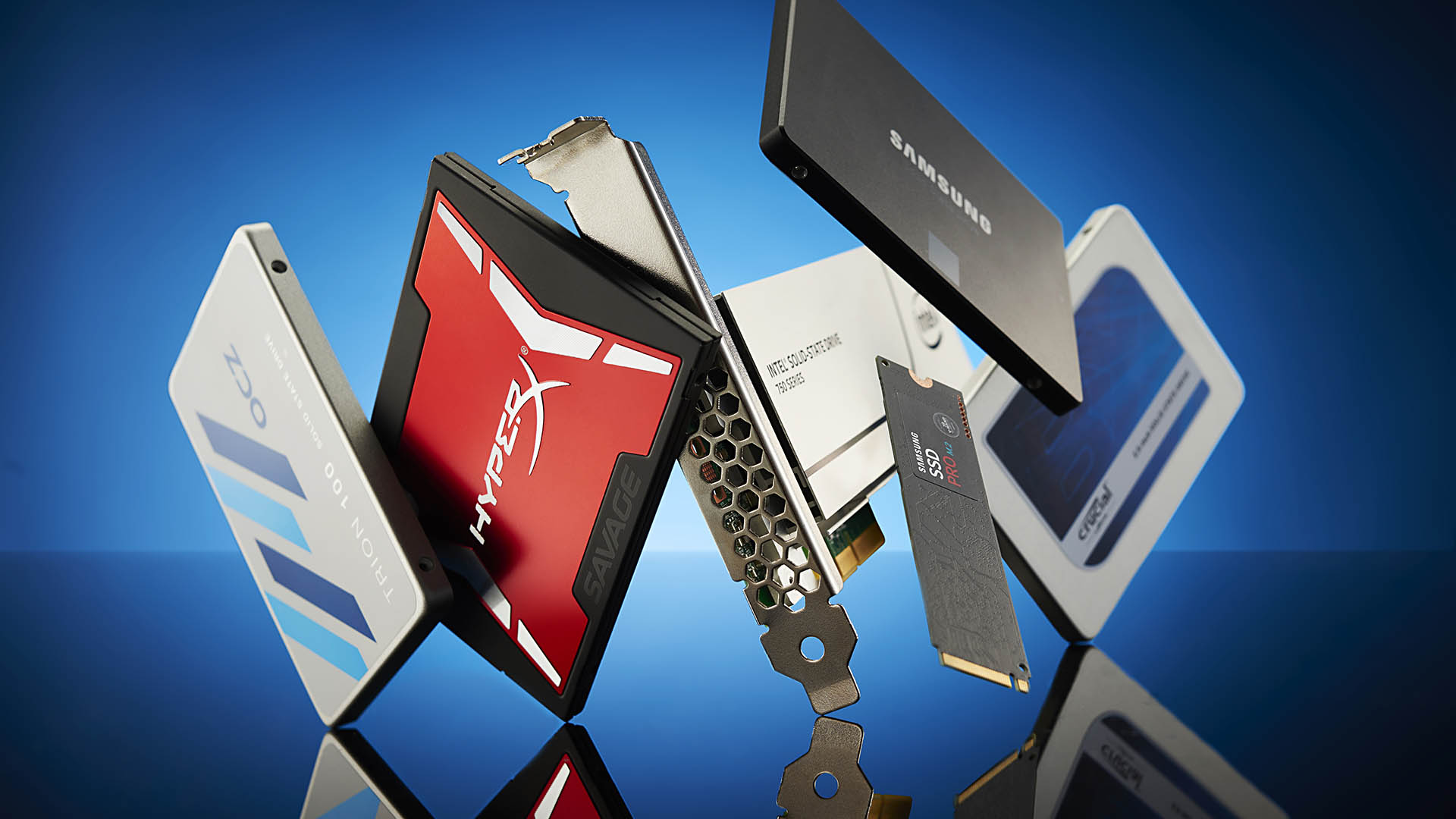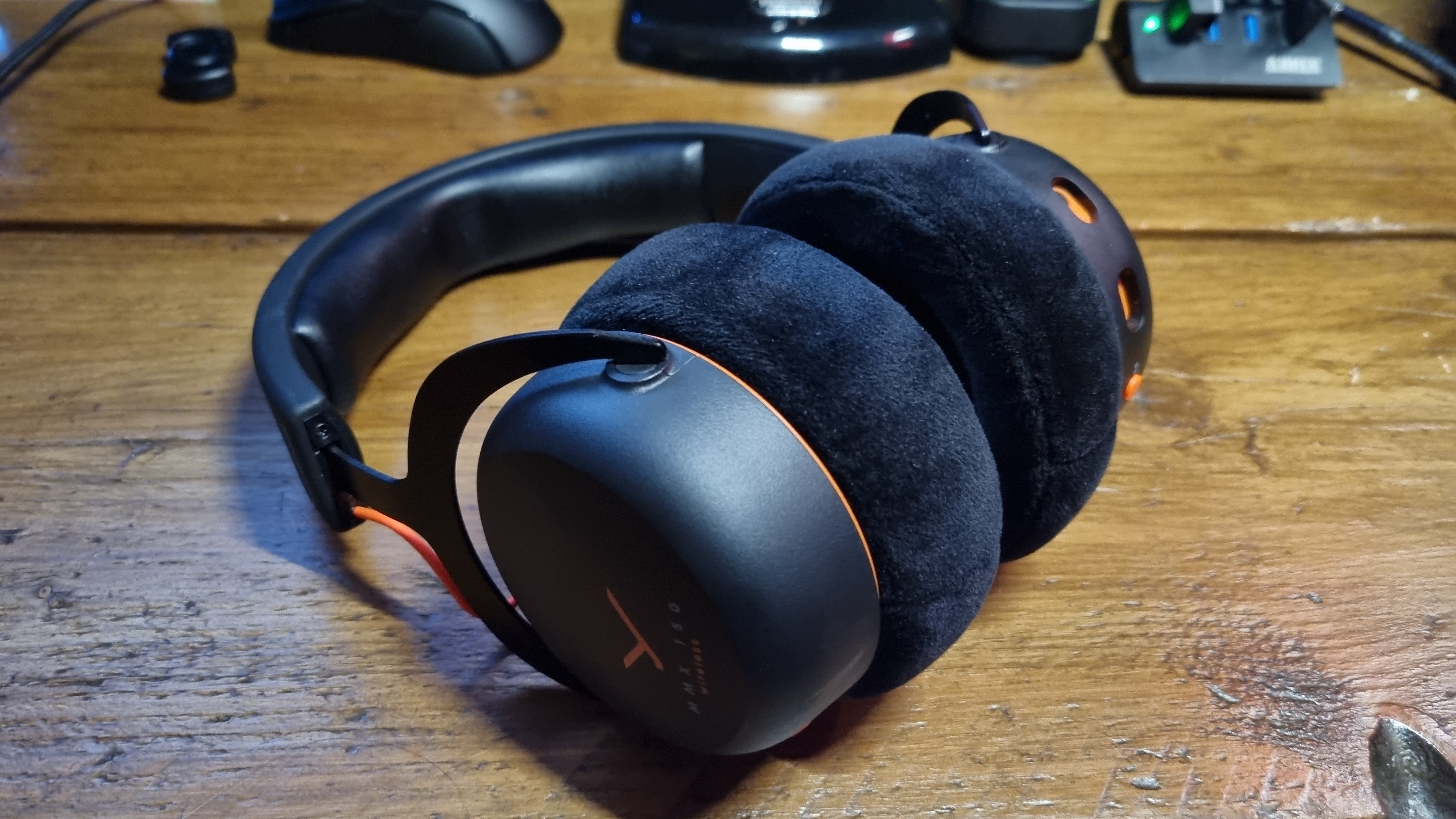US Senators' proposed crypto bill doesn't give a hoot about home mining rigs
It's radical, but relatively crypto-friendly, and could soon see digital coinage as a tax-favorable commodity.

Keep up to date with the most important stories and the best deals, as picked by the PC Gamer team.
You are now subscribed
Your newsletter sign-up was successful
Want to add more newsletters?

Every Friday
GamesRadar+
Your weekly update on everything you could ever want to know about the games you already love, games we know you're going to love in the near future, and tales from the communities that surround them.

Every Thursday
GTA 6 O'clock
Our special GTA 6 newsletter, with breaking news, insider info, and rumor analysis from the award-winning GTA 6 O'clock experts.

Every Friday
Knowledge
From the creators of Edge: A weekly videogame industry newsletter with analysis from expert writers, guidance from professionals, and insight into what's on the horizon.

Every Thursday
The Setup
Hardware nerds unite, sign up to our free tech newsletter for a weekly digest of the hottest new tech, the latest gadgets on the test bench, and much more.

Every Wednesday
Switch 2 Spotlight
Sign up to our new Switch 2 newsletter, where we bring you the latest talking points on Nintendo's new console each week, bring you up to date on the news, and recommend what games to play.

Every Saturday
The Watchlist
Subscribe for a weekly digest of the movie and TV news that matters, direct to your inbox. From first-look trailers, interviews, reviews and explainers, we've got you covered.

Once a month
SFX
Get sneak previews, exclusive competitions and details of special events each month!
US Senators Lummis and Gillbrand have introduced a potential bill for the regulation of the ever-growing cryptocurrency industry: the Bipartisan Responsible Financial Innovation Act.
The bill focuses on "Flexibility, innovation, transparency and consumer protections in order to integrate digital assets into existing law and provide certainty to the growing industry." The purpose of the bill seems to be, then, to simultaneously reign in the decentralised industry, while creating greater protection for consumers and safeguarding the innovation of the digital asset market.
It addresses both Stablecoin Regulation and Tax Treatment Of Digital Assets, among other things. Not only does the bill suggests definitions for crypto related concepts—i.e. digital assets, payment stablecoins, etc.—it also outlines potential regulations around the trading of cryptocurrencies, and how crypto businesses are defined.
Basically, its aim is not to stifle the evolution of the crypto market, but you can be damn sure the US Government is going to take its fair share of taxes.
That said, there's a proposed "De Minimis Exclusion of up to $200 per transaction" when digital currency is used to pay for goods and services, "under specified conditions." Translated literally from the puffed out Latin version of 'De minimis,' it means "the law does not concern itself with trifles," which is my new favourite way of saying "I'll leave that to you."
What it all means is, if you're only mining or trading a pittance of digital coinage, the US Government won't give a hoot.
Of course, it's the bigger fish the law is interested in. The bill makes sure to give a mention to the specification that Decentralized Autonomous Organizations (DAOs), big companies that trade in cryptocurrency, will need to be legally seen as business entities "for the purposes of the tax code."
Keep up to date with the most important stories and the best deals, as picked by the PC Gamer team.
So no dodging taxes just because your stocks are only meme coins.
There's also a focus on defining cryptocurrencies as 'ancillary assets' or 'commodities.' In other words, they'll be seen more as tangible goods like wheat or oil. That means cryptocurrency, as well as NFTs, would come under Commodity Futures Trading Commission (CFTC) governance, as opposed to Securities and Exchange Commission (SEC).
There was some previous confusion around this down to a tiff over which department would handle digital assets.
There's also the suggestion, as Blockworks points out, that mining and staking activity revenue wouldn't need to be included as part of gross income tax calculations until the assets are actually sold. Which makes sense if they're being defined as commodities.

Best SSD for gaming: the best solid state drives around
Best PCIe 4.0 SSD for gaming: the next gen has landed
The best NVMe SSD: this slivers of SSD goodness
Best external hard drives: expand your horizons
Best external SSDs: plug in upgrades for gaming laptops and consoles
What it could mean for the crypto market, especially in this time of a downturn in profitability, is unclear. We did see a significant tanking in crypto prices back in January 2018 due to fears that regulations would come in to stamp all over the decentralised market.
It's true everyone seems to be jumping on the crypto bandwagon. The UK gorvernment even wants in on the crypto action. Since the world is in a current state of crypro-obsession, it makes sense that regulations are sure to follow, so it can be properly aligned with current law.
The bill itself (PDF warning) is a little wordy, so if that's a little too much legalese for you to take in, it might be worth looking into the section by section overview (PDF warning) if you want to get a better idea of how it could affect any assets you're currently HODLing.

Having been obsessed with game mechanics, computers and graphics for three decades, Katie took Game Art and Design up to Masters level at uni and has been writing about digital games, tabletop games and gaming technology for over five years since. She can be found facilitating board game design workshops and optimising everything in her path.

